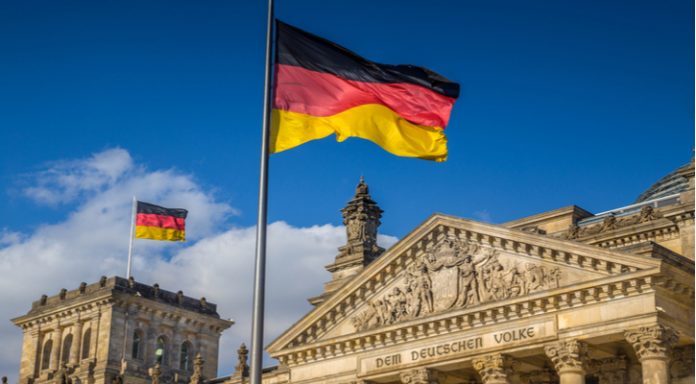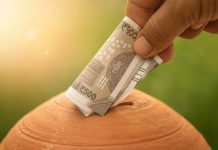- Euro (EUR) rally is a headache for ECB amid weak inflation
- German CPI data expected to show disinflation continues
- US Dollar (USD) trends lower on vaccine optimism & dovish Fed expectations
- Fed could ease policy as well in December
The Euro US Dollar (EUR/USD) exchange rate is advancing at the start of the new week, adding to gains of 0.9% across the previous week. The pair settled on Friday at US$1.1853. At 09:15 UTC, EUR/USD trades +0.2% at US$1.1983 at the session high and a fresh 3 month high.
A strengthening Euro is complicating the European Central Bank’s fight against deflation. German inflation figures will be in focus this afternoon. Expectations are that inflation in the Eurozone’s largest economy will remain subdued in disinflation. The ECB is widely expected to boost its bond buying programme next month, a weak inflation reading is likely to boost expectations further and could cap gains in the Euro, at least for now.
Later in the session ECB President Christine Lagarde is due to speak. Again, investors will be listening closely for any hints to action next month.
The US Dollar is drifting lower in early trade as vaccine optimism and expectations of a dovish Fed drag on the greenback. The US Dollar Index, which measures the US dollar versus a basket of 6 major traded -0.1% at the time of writing, after having fallen to its lowest level since April 2018.
Whilst covid cases continue to rise in the US and hospitalisation hit another record high, upbeat vaccine developments across the month have kept the safe haven out of favour. Investors have been seeking out riskier assets and currencies despite resurging covid numbers and fresh lock downs in Europe and the US.
US data has been broadly mixed, with manufacturing and services continuing to show resilience, although the labour market recovery is showing signs of stalling. In the absence of any additional fiscal stimulus as Congress remains deadlocked, the Fed are widely expected to ease monetary policy further in December.





